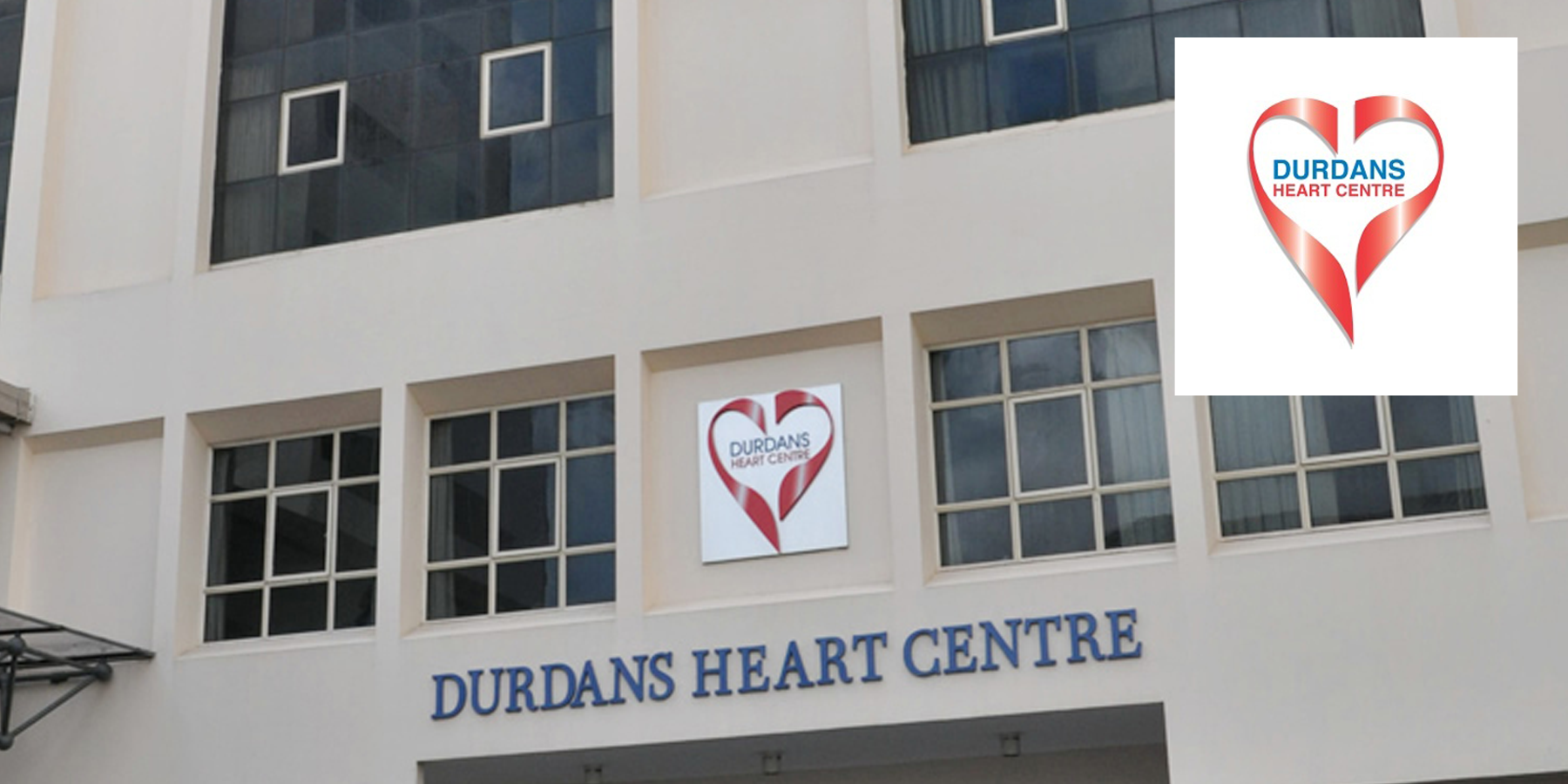75-year-old veteran musician with severe ostial LAD coronary disease at left main branch point gets successful rotational atherectomy followed by stenting to preserve his voice and coronary blood flow
Coronary Artery Disaese (CAD) is the most common type of heart disease which accounts for the most number of fatalities in Sri Lanka. It occurs when cholesterol plaque builds up in the coronary arteries, resulting them to get narrower and supply less blood to heart muscles. When the heart does not get enough blood or oxygen, chest pain or heart attack can result.
Percutaneous Transluminal Coronary Angioplasty (PTCA), or Coronary Angioplasty, is a minimally invasive non-surgical procedure that is used to open narrowed arteries, to improve blood flow and allow blood to circulate to the heart muscle. For most patients, PTCA greatly increases blood flow through the previously blocked artery and can improve the symptoms associated with blocked arteries, such as chest pain or shortness of breath.
Being Sri Lanka’s leaders in the use of catheter-based techniques to open plaque-filled vessels in patients with coronary artery disease, the Durdans Heart Centre team led by Dr. Pandula Athauda-arachchi, recently performed a successful complex rotablation assisted PTCA to a prominent figure in Sri Lankan music industry, who did not want to risk losing his voice by opting for a bypass surgery.
“Durdans Heart Centre has one of the highest volumes and experience in coronary angioplasty, for a single centre in Sri Lanka. We often perform complex procedures on high-risk patients with severe blockages. This high level of specialized expertise does make a difference,” says Dr. Pandula Athauda-arachchi, Consultant Interventional Cardiologist at Durdans.
He added, “As in this particular case, the 75-year-old patient was diagnosed with unprotected, critical ostial left anterior descending artery stenosis (>98% calcified block) located very close to a triple branch point from the left main coronary artery. It is traditionally a difficult location for angioplasty stents and usually needs Coronary Artery Bypass Graft (CABG) surgery. Rotational atherectomy and stenting was performed through the access of radial artery in the wrist, under local anaesthesia and the patient managed to walk away home in less than 48 hours, without any complications.”
PTCA is the treatment of choice for patients with acute heart attacks, for those who have multiple blocks, whose medications or lifestyle changes are not enough to reduce the effects of the blockages in their arteries and for those who do not or cannot proceed for CABG surgery. Angioplasty stenting and methods such as rotablation are the treatment of choice for high risk patients and previous CABG surgery fails, and many such cases have been done successfully at Durdans Heart centre.













